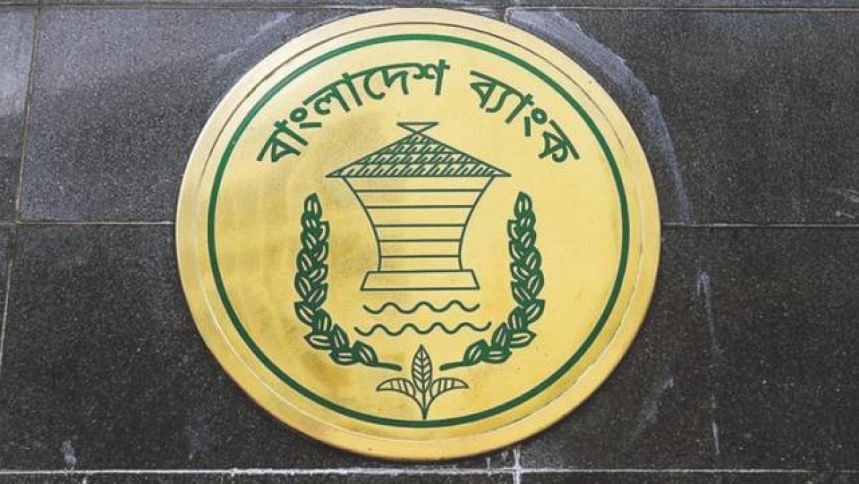Banks urge BB to give multiple payment switches

Banks yesterday urged the central bank to allow them to route their card transactions through multiple switches instead of a single platform: the National Payment Switch of Bangladesh (NPSB).
The call was made at a meeting between Bangladesh Bank Deputy Governor SM Moniruzzaman and the Association of Bankers Bangladesh (ABB), a platform for chief executives of the country's scheduled banks.
The BB on August 24 instructed all banks to route their card transactions through the NPSB from the new year -- a move that was met with trepidation by banks and payment brands alike because of the risks it presents.
Anis A Khan, chairman of the ABB, welcomed the BB move to make card transactions cheaper by routing them through the NPSB.
"But, we want a second source as depending on a single platform can be too risky. A single node system is an easy target for hackers and fraudsters." For instance, there can be a technical failure in the NPSB, bringing card transactions to a halt. The switch can also be prone to hacking.
Similar moves like this in other countries have exposed the market to repeated and targeted cyber-attacks and delayed the introduction of world-class safety and security features, according to ABB.
Khan, who is also the managing director of Mutual Trust Bank, said the leading global payment solution providers such as MasterCard and Visa can be other options.
Syed Mahbubur Rahman, managing director of Dhaka Bank, cited the case of neighbouring India, where its central bank has its own payment network but the international payment brands' ecosystem is also allowed. Cards are issued based on customers' discretion.
"But the BB has instructed banks to route all their card transaction through the NPSB. This is not logical. Card transactions through only NPSB will acutely create a single point dependency."
MasterCard and Visa have already informed banks that they will not take any responsibility for any data breach while routing the cards through the NPSB, according to the Dhaka Bank MD.
The NPSB is yet to get the PCI-DSS certification, a global security standard for organisations that handle branded cards.
The standard was created by the five major payment brands -- JCB, American Express, Discover, MasterCard and Visa -- to increase control around cardholder data to reduce fraud.
Furthermore, the NPSB, as of now, has the capacity to handle transactions of magnetic stripe cards and not the more secured and the latest EMV chip cards.
Accordingly, almost all card issuers in Bangladesh have started sending out EMV cards to their customers.
Even one transaction from an EMV card routed to NPSB but treated as magnetic stripe transaction increases compromise risk, said MasterCard Bangladesh in a letter to Moniruzzaman recently.
Besides, banks nowadays offer a host of facilities on card usage in association with MasterCard and Visa, which they would no longer be able to provide if all card transactions are run through the NPSB, sidestepping the two global vendors' gateways, Rahman said.
"Customers will also be discouraged to use cards if they can no longer enjoy the benefits," he added.
Against the backdrop, banks have urged the central bank to review its directive to route all card transactions from 2018 through the NPSB. Subhankar Saha, BB executive director and spokesperson, said the central bank has taken the suggestions from banks positively.
"We will take a decision in this regard in the best interest of the country," he added.
MasterCard will also sit with the central bank to voice their dissatisfaction about the BB initiative.

 For all latest news, follow The Daily Star's Google News channel.
For all latest news, follow The Daily Star's Google News channel. 



Comments